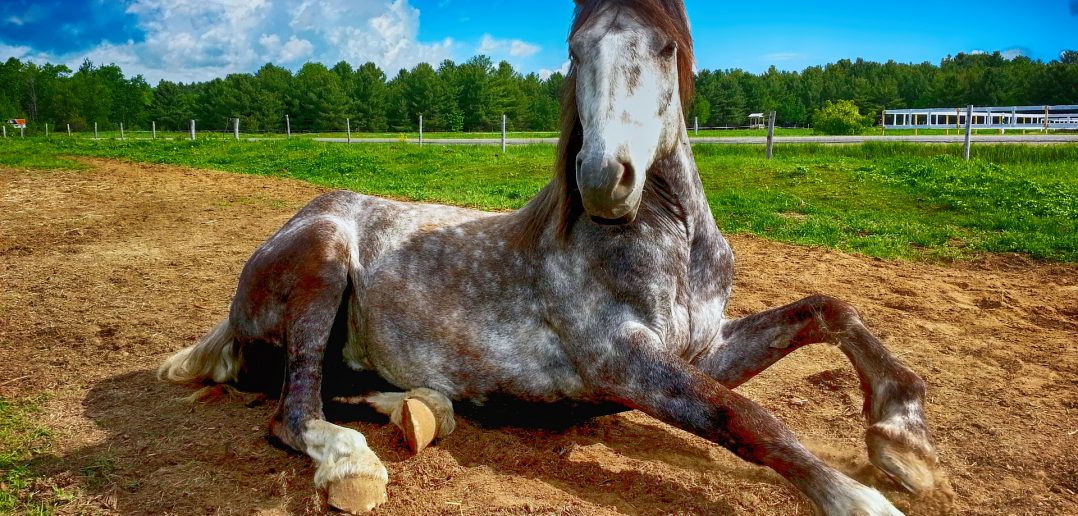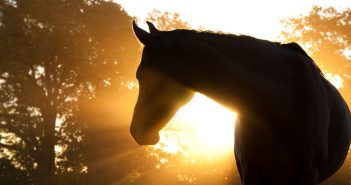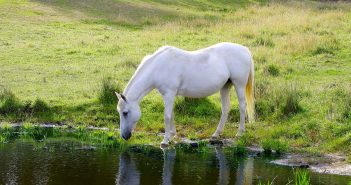The ice and snow have finally melted away and the warm breezes are starting to fill the air. This is the time everyone looks forward to after lounging indoors and staying inside. But, of course, when spring rolls around, it is time to get back to work. In the world of horses, this means it’s a great time to start preparing for summer.
There are many things to consider as you’re entering the spring and summer months with your horses and each one is just as important as the other.
Here is a quick guide on prepping your horses for summer.
Whether you have show horses or not, it is imperative to keep up with their overall health as well as their appearance. It is time to set your vet appointments, get those clippers out, and start looking to stock up on grooming supplies!
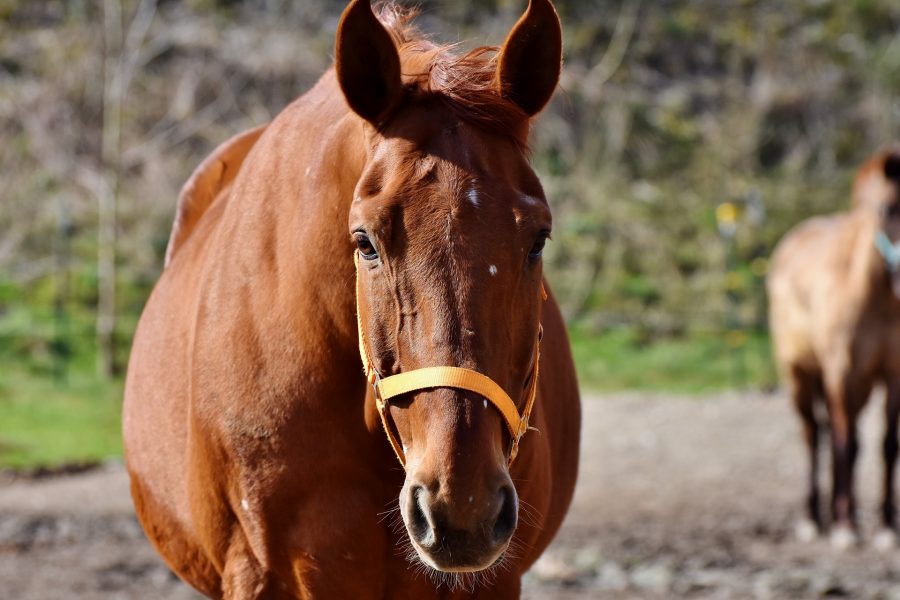
Overall health
Hopefully by now you’ve found a trusted large animal vet for your horses. Although the spring and summer are the prime months for your furry friends to shine, do not skimp out on their check ups during the colder months. Their overall health should be monitored throughout the year to prevent any illnesses or injuries – which in turn could lead into the spring and summertime.
The best way to get started is to schedule their next rotation of deworming, keep their vaccinations up to date, and have their teeth looked at to avoid potential dental problems. Feeding regularly is also a huge part of their overall being. A great way to jump into summer is to start adjusting their diet according to weather and pasture conditions, easing them into it. This likely means less hay and feed and more pasture grass. Be sure to watch for signs of colic as new spring grass often brings with it a heightened chance of colic.
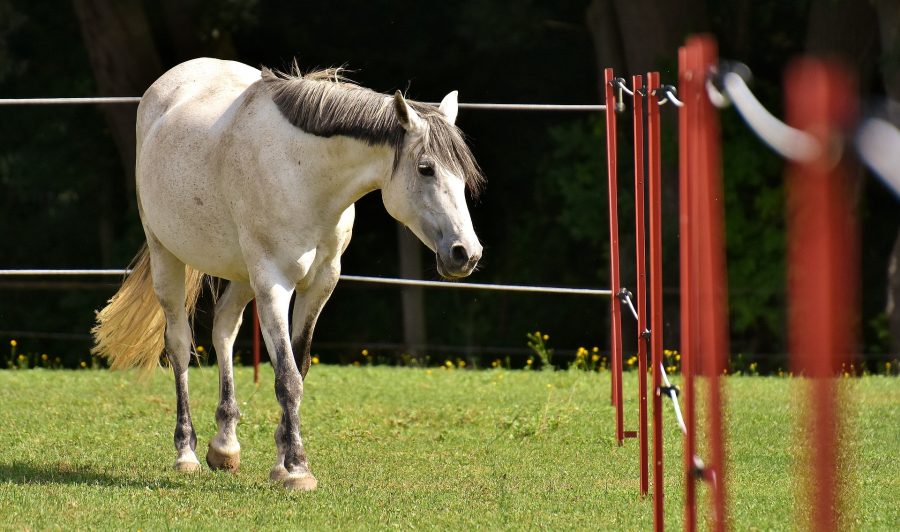
Hydration
Speaking of summer, one of the worst mistakes horse owners can make is to not keep their precious horses hydrated. Just like humans, horses use sweating as a way of keeping them cool in the hot weather. However, unlike humans, horses can sweat a lot – nearly ten times more than we do. Which also means that they lose a lot of water, minerals, and salt as well.
A great way to prevent overheating and dehydration is to always keep fresh, clean water out for the horses to drink. During the sweating period, horses also lose a lot of electrolytes, so keep that in mind. Electrolytes are very important, so be sure to do your research and feed them accordingly to restore their energy and electrolyte levels. This may take more than a day or two, so just be sure to monitor your horse to see if they’re back to normal.
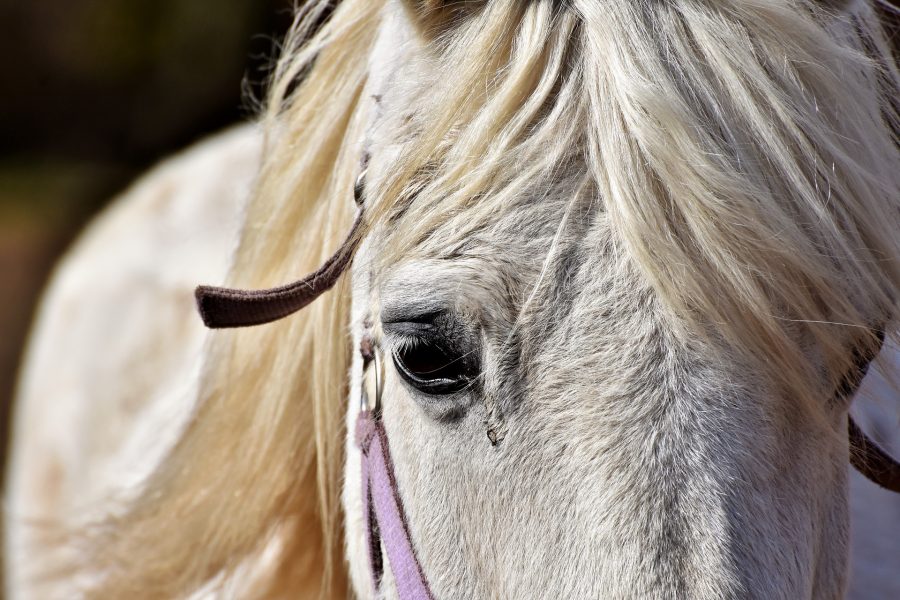
Grooming
Just like humans, most horses like to be pampered and well kept. It makes them happy, gives them confidence, and also makes them feel more comfortable. If your horse still has a winter mane, check for knots in their shaggy coat and gently brush them out. They often cause discomfort as they can pull on the skin and be itchy. If they have mud on them, make sure it dries before you brush it away. This will make it more easy on you as well as on your friend – brushing wet mud can potentially leave your horse feeling sore and in even more discomfort.
This is also a perfect time to practice your braiding skills! If you have a show horse, braiding is a great way for your horse’s natural beauty to stand out. If you skip the braiding, a thorough brushing of the mane and tail will do the job just fine, too. Just try to be gentle when brushing the tail – you don’t want to get the wind kicked out of you!
Editor’s Note: We use Cowboy Magic on our horses. It’s a great detangler and it takes just a little drop to work knots and briars and tangles right out of manes and tails.
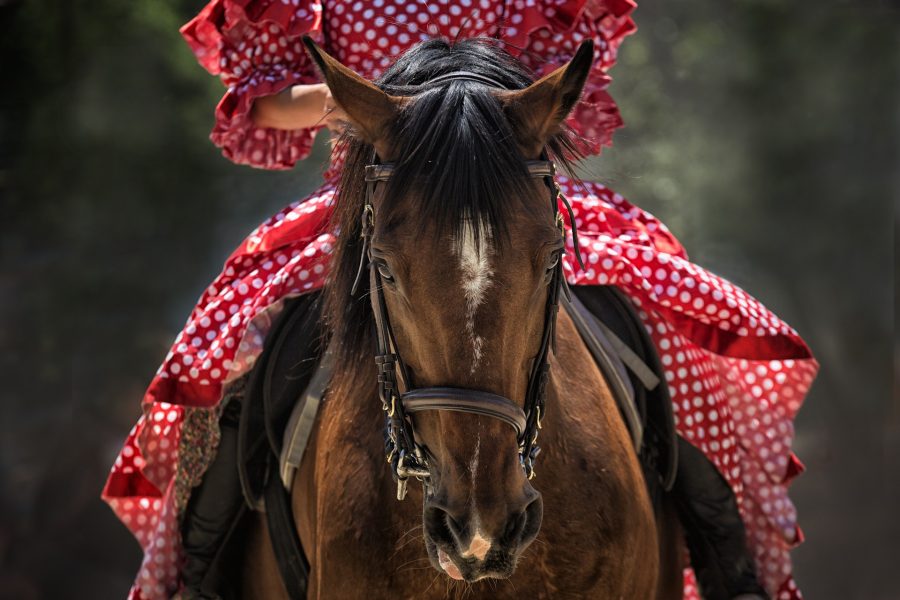
Practice
Getting back into shape after winter doesn’t just apply to us, but horses tend to sometimes lose a few pounds from November to March since pasture grass is shorter and scarcer. Some horses gain a few pounds over winter due to variations in feed and hay as well as a change in activity. Perhaps they don’t get ridden or worked as often as they do in the spring and summer months.
And we all know that a summer bod doesn’t start in the summer (I wish). The sooner your horses can get some exercise to lose a few pounds (along with less feed, of course) or have access to additional grain and pasture grass in preparation for the summer, the better! Whether it’s galloping around a paddock, being ridden on trails, or getting worked (think plow horses), the best part of it all is that you get to spend some quality time together. Especially if you have a new horse, getting them used to your touch and your presence is important in developing a strong bond.
These are only a few ways to get your horses prepped the right way for summer.
While your horse’s clean coat and braided mane might be more of a priority in the spring and summer, their overall health and maintenance is important throughout the entire year. Keep your horses happy and healthy by just doing a few check ups here and there during their off season – it definitely pays off in the long run. And don’t forget to pamper yourself a little after all your hard work!

